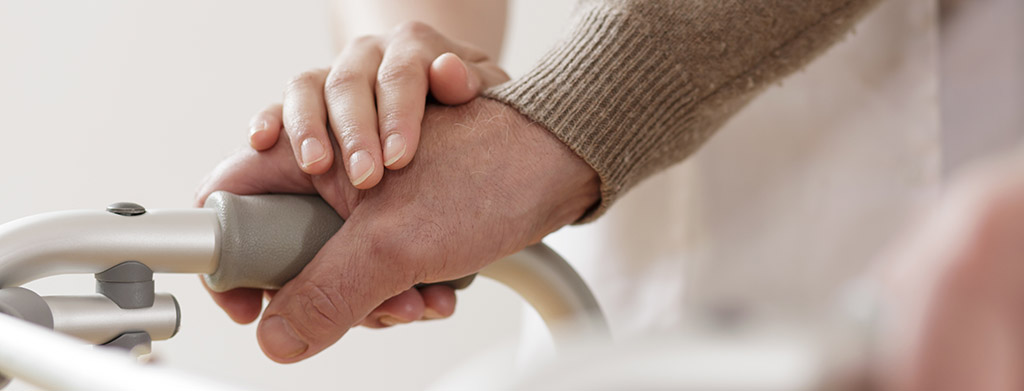
As the Minnesota Legislature builds Minnesota’s state budget for the next two years, the Minnesota Council on Disability will create an overview of certain omnibus bills and how the proposals will affect Minnesotans with disabilities.
What’s an Omnibus bill?
Roughly translated, the Latin word “omnibus” means “for all, for everybody.” Learn everything you need to know about omnibus bills and why they are so popular at the Minnesota Legislature.
Senate Health and Human Services Omnibus Bill
Chamber: Senate
Policy Focus: Health and Human Services Finance and Policy
Bill Number: SF 2452
Authors: Senators Benson; Abeler
Brief Description: This omnibus bill makes policy changes and fiscal appropriations for fiscal years 2020 and 2021 for the Department of Human Services and Department of Health.
What We Like
- Article 2. Sections 29 and 38: Offers a number of improvements to make information on TEFRA enrollment for parents with children with disabilities more accessible including the elimination of parental fees.
- Article 5. Section 17: Provides for a 10% enhanced rate for individuals accessing 10 or more hours of PCA support per day.
- Article 8. Section 7: This language would move the Medical Assistance disability excess income standard (otherwise known as the spenddown) from 81% of the federal poverty guideline to 82%. On July 1, 2021, the spenddown would be moved to match the income standard, currently 100% of the Federal Poverty Guideline.
- Article 14. Section 6: Funds a necessary budget increase for the Minnesota Council on Disability.
Where we’re Concerned
- Article 4: Section 32: Caps Developmental Disability (DD) and Community Access for Disability Inclusion (CADI) to the number receiving waiver services on June 30, 2019. This would create waiting lists for waivers that are critical to the independence and care for our communities.
- Article 5. Section 49: Increases the PCA eligibility threshold to one critical Activity of Daily Living (ADL) or a behavior that “increases vulnerability” and requires intervention at least four times per week which will make it harder for those who need services to qualify for services.
Minnesotans are encouraged to contact their legislators and share their concerns on policy decisions and how it impacts their lives. Find your legislator and contact them.
Special thanks to Mollie Clark of the Brain Injury Alliance for creating this overview of the Senate HHS Omnibus Bill.
The Minnesota Council on Disability exists to serve people with disabilities in Minnesota through development of effective policy, training, technical resources and collaborations with public and private stakeholders. Any policy inquires can be directed to Public Policy Director Kody Olson at kody.olson@state.mn.us.